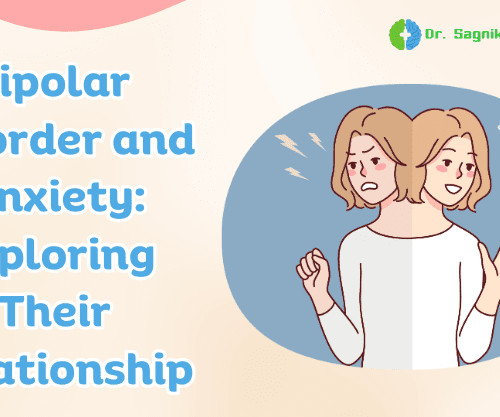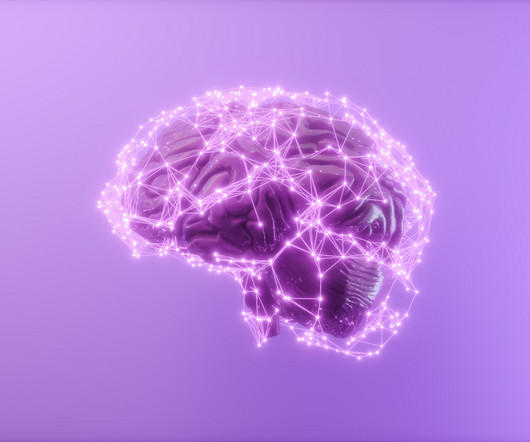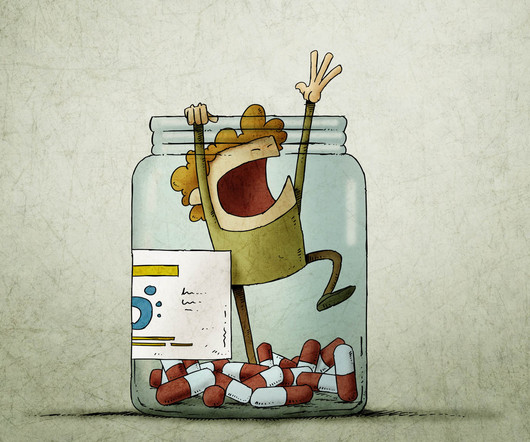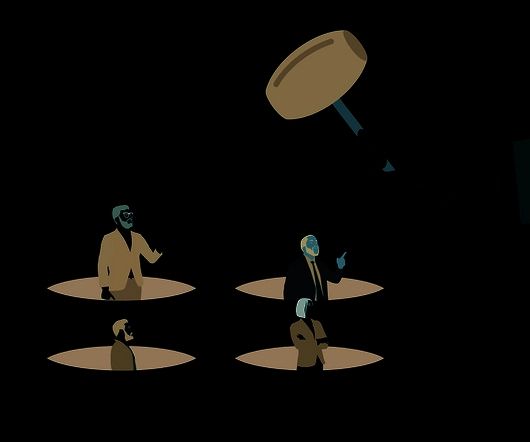Exploring the Connection Between Bipolar Disorder and Anxiety Disorders
Dr. Sagnik Mukherjee Blog
OCTOBER 14, 2024
Exploring the Connection Between Bipolar Disorder and Anxiety Disorders As a parent, caregiver, or even a concerned family member, have you ever wondered whether the mood swings you witness in your loved one could be more than just emotional highs and lows? However, it’s not just about mood swings.

















Let's personalize your content